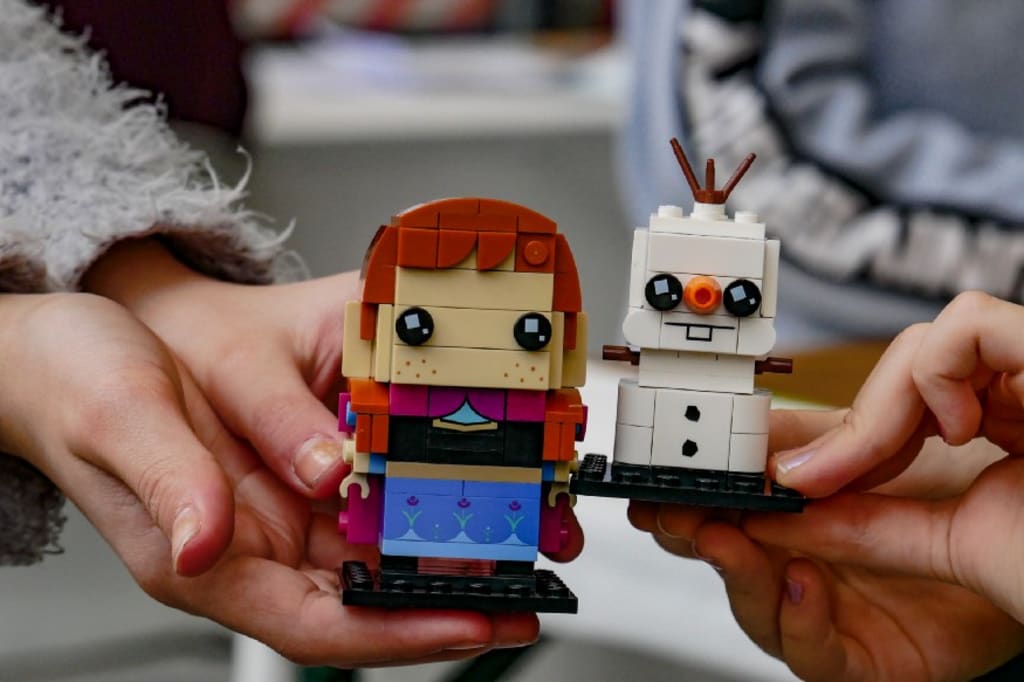Relationship: Expectations vs. Reality
Understanding what forms a quality partnership is the first step toward overcoming expectations in a relationship.

Anyone who has ever been in a relationship understands that reality rarely matches the ideal love stories we see and hear all around us. It might make us doubt what we have the right to demand from our relationships and if they are really good and healthy. And, if we desire to develop healthy, meaningful love relationships, we must be honest about expectations vs. realities in partnerships.
EXPECTATION: My relationship makes me whole!
When we eventually meet “the one,” we will feel whole, entire, and joyful, according to this expectation. This perfect spouse will complete all of our missing pieces and compensate for our weaknesses, and we will return.
REALITY: I am a complete individual on my own.
you will never find the ideal person to love unless you are entire yourself. This isn’t to say you don’t have problems or need to work on yourself; rather, you look to yourself to fulfil your most basic needs.
You don’t need someone else to make you feel valuable and worthwhile; you may discover that feeling inside yourself and in the life, you’ve created.
EXPECTATION: I am expected to be the centre of my partner’s universe.
This is the opposite of the assumption that “my spouse complete me.” In response to this expectation, your spouse alters their entire life in order to devote all of their time and resources to you.
He or she don’t require outside connections, interests, or personal time - or, at the very least, just in little amounts.
You both go when one of you is invited somewhere; one of you doesn’t exist without the other. People become so accustomed to you being together that they find it strange when you go out alone for a night out.
REALITY: My partner and I have our own complete and wonderful lives.
You each had a life before you met, and you still need to maintain those lives now that you’re together. You don’t need each other to be whole. Rather, you’re together because the partnership makes your life better.
A spouse who demands you to ignore all outside hobbies and friendships in order to focus on them is a control freak, and this is neither healthy nor romantic!
Instead, couples in a good relationship encourage one another’s outside hobbies and connections while building a life together.
EXPECTATION: In order for a relationship to be healthy, it must be easy all of the time.
The “right” relationship, according to this assumption, is always pleasant, conflict-free, and comfortable. You and your partner never have to negotiate or compromise because you never disagree.
REALITY: Life is full of ups and downs, but my spouse and I are resilient.
Nothing in life is simple all of the time, and relationships are no exception. When you believe your relationship is toxic at the first indication of difficulties or disagreement, you run the danger of quitting a connection that may be beneficial to you! While excessive conflict and violence are warning signs, there will be disputes, conflicts, and times when you must compromise or negotiate in any relationship.
The health of your relationship is determined not by the amount of conflict, but by how you and your spouse handle it.
EXPECTATION: My partner would change if he/she loved me.
This expectation is that we can inspire someone we care about to change in certain ways and that their ability to do so shows their love.
This might take the form of selecting a partner whom we consider as a “project” — someone who believes or acts in ways that we find objectionable, but whom we believe we can transform into a “better” version. There are examples of this across popular culture, and women, in particular, are pushed to pick men who they can “reform” or mould into the perfect person.
REALITY: I love my spouse for who he/she are now and who he/she will become in the future.
It is unavoidable that people evolve throughout time. It’s also critical to encourage your partner to make positive adjustments in your partner's lives that will improve your partner’s lives and build your bonds.
However, you will be disappointed if you are unable to love your spouse as who is at any given time and instead assume that loving them more would lead them to fundamentally change.
Accepting your spouse for who he/she is is an important element of maintaining a successful relationship.
It’s a mistake to your spouse, your relationship, and yourself to expect a partner to change as “proof” of love — or, conversely, to expect them to never grow and evolve.
About the Creator
Radhika patel
I am a girl who is always ready to learn something, curious to know everything. Writing is my greatest passion.
Enjoyed the story? Support the Creator.
Subscribe for free to receive all their stories in your feed. You could also pledge your support or give them a one-off tip, letting them know you appreciate their work.






Comments
There are no comments for this story
Be the first to respond and start the conversation.